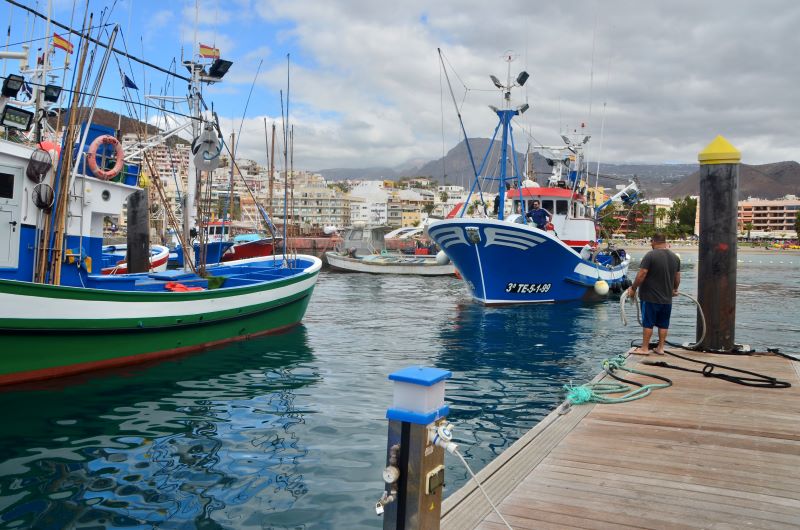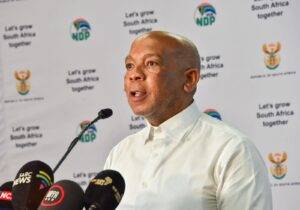Inland fishing, a source of sustenance for small-scale fishers who cast their nets in rivers and dams across South Africa, is seeking formal acknowledgment from the Department of Forestry, Fisheries, and the Environment (DFFE). This call to action has emerged following the release of a comprehensive report and documentary by Masifundise, a community lobby group dedicated to the small-scale fishing sector.
The Significance of Inland Fishing
Masifundise’s report, which was unveiled on Thursday, zooms in on the realities of inland small-scale fishing, with a focus on three major dams: the Gariep in the Free State, the Jozini in KwaZulu-Natal, and the Vanderkloof in the Northern Cape.
Jordan Volmink, the spokesperson for Masifundise, emphasized that their research underscores the vital role of inland fishing in fulfilling local livelihood needs, particularly in the face of high unemployment rates.
Jacobus van Wyk, an inland fisherman who operates in the Gariep dam, expressed his concerns about the deteriorating living conditions and increasing poverty. He urged the government to intervene promptly to effect positive change.
Key Recommendations
The Masifundise report doesn’t just highlight the challenges; it also offers a set of recommendations. These include:
- Prioritizing Sector Development: Advocating for the growth and development of the inland fishing sector.
- Support for Fishers: Providing essential support to fisherfolk who depend on this trade.
- Provisional Measures: Establishing interim measures to facilitate access for fishers.
- Gender Inclusion: Implementing measures to encourage the inclusion of women in fisheries’ value chains.
Challenges Faced by Inland Fishers
The report has unveiled several significant challenges faced by inland fishers:
- Restricted Access: Many fishing spots are inaccessible due to fencing or the need to traverse private lands, including tourist establishments. Additionally, some fishers are required to pay conservation fees.
- Fear of Criminalization: In some areas, such as Jozini, fishers resort to night fishing due to the fear of being criminalized.
Policy and Its Pending Implementation
The Department’s draft National Freshwater (Inland) Wild Capture Fisheries Policy received cabinet approval in 2021. However, it has not yet been implemented. This policy is pivotal in guiding the development and management of the sector, addressing issues such as access rights and harvest quotas.
Sabelo Mabaso, an official from the Jozini Local Municipality, voiced his concerns about the long-standing struggles of these fishers. He called upon the department to introduce provisional measures to grant fishers access to the Jozini dam, acknowledging that some fishers were operating without licenses. Mabaso shared the municipality’s willingness to support fishers by providing a safe boat, but the challenge lies in supporting an activity considered “illegal” by the government.
In response to these concerns, Kishan Sankar, a DFFE official at the Masifundise launch, proposed a co-management meeting to address immediate community issues. He assured that the department is dedicated to taking the sector seriously and collaborating closely with affected communities.
The Challenge of Data Collection
One of the hurdles in addressing these issues is the lack of comprehensive data about fishers across the country. Sankar revealed that the DFFE is currently conducting surveys to gather more accurate data.
As the small-scale inland fishing community seeks recognition and support for their vital livelihoods, the collaboration between fishers and the government remains essential in navigating these challenges and achieving a sustainable solution.














